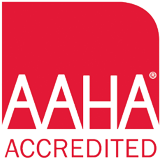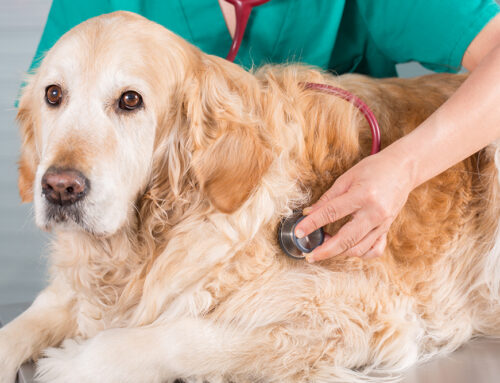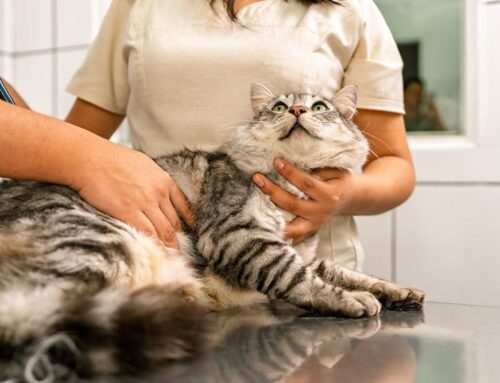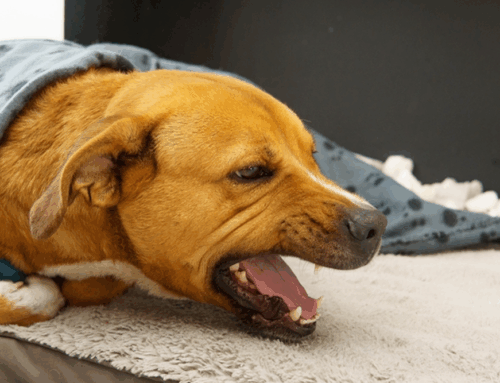Thanksgiving is just around the corner, and it’s normal to want to share the bounty with your four-legged friends. With almost 94 million pet dogs in the U.S., you’re not alone. That said, there are a few Thanksgiving foods and ingredients that have no business being in your pet’s food dish. If you want to avoid seeing an emergency veterinarian, here are some foods to avoid feeding your pet.
Cinnamon
While cinnamon might have health benefits for humans, it can be dangerous for pets to consume. Consuming large amounts of cinnamon in powder form or a small amount in the form of essential oil can lead to a wide range of health issues for your pet. These issues can include vomiting, diarrhea, low blood sugar, and changes in heart rate.
Onions
Onions contain a substance named thiosulphate, which can harm cats and dogs. This substance causes a certain type of anemia in cats and dogs because it causes an abnormal breakdown of red blood cells. This can occur if your pet gets hold of fried, powdered, or dehydrated onions, too.
Turkey Skin and Bones
If you want to give your pet a small amount of lean, white meat this year, that’s okay. Anything outside of that, especially skin or bones, should be kept far away from your cat or dog. The high levels of fat in dark meat and turkey skin can contribute to pet obesity and may cause pancreatitis. Bones pose a choking hazard and may splinter while your pet is chewing on them.
Garlic
Garlic contains the same compound onions do, which means it should not be anywhere near your pet. And since garlic contains much higher levels of thiosulphate, it’s possible that a small amount of garlic could be deadly for your pet.
Nutmeg
Nutmeg is an essential spice for dishes like pumpkin pie. And while plain pumpkin puree may be fine to share with your pet in small amounts, pumpkin pie mix is not. Nutmeg can cause an upset stomach in small amounts and more severe symptoms like disorientation and seizures in large amounts.
Thanksgiving is a time of year to celebrate togetherness and sharing. But if you want to avoid the need for specialty veterinarian services, it’s important to remember not to share certain holiday foods with your four-legged friends. If you want to learn more about what foods you can and can’t share with your pets, don’t hesitate to contact us today.
At Southern Arizona Veterinary Specialty and Emergency Center we are happy to provide a wide range of veterinary specialty and emergency services. It is important to have a “primary care” veterinarian to keep your new family member healthy and happy with routine vaccinations and health checks. But if you find yourself in the midst of a veterinary emergency, our team of experienced veterinarians is here to help. When it comes to visiting animal hospitals, we understand that the experience can be full of stress and worry, so we aim to make things as simple as possible. For more information,get in touch with one of our experts today.








Leave A Comment